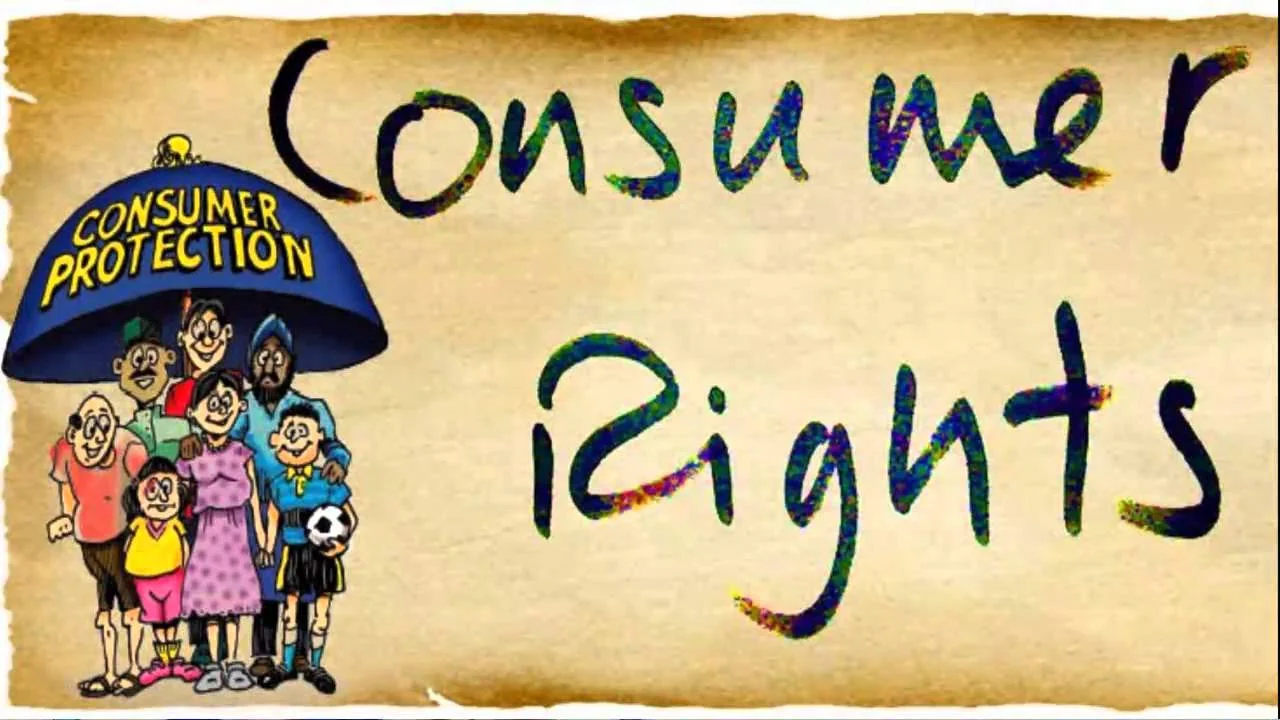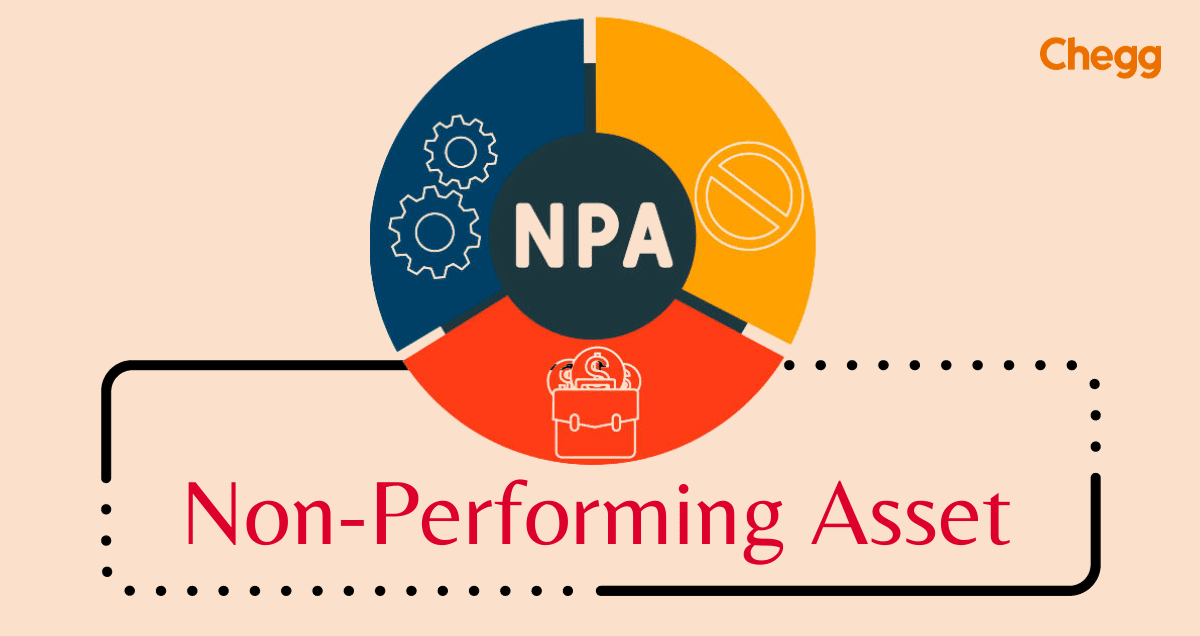The B-word.
No, not that one.
Bankruptcy.
When you are drowning in debt, it can seem like a looming threat and also a promise of relief. After all, declaring bankruptcy gets rid of all your debts (mostly) and lets you start fresh. It also completely destroys your credit for years, making it nearly impossible for you to buy a car or a home, or rent an apartment, let alone get a credit card. It may even prevent you from getting certain jobs.
So how do you avoid it, if you have mountains of debt and no foreseeable way out? We’ve got four strategies (and a bonus) for you to help you stay away from bankruptcy and learn to start your life over without the crippling weight of debt.
Keeping reading for four steps to avoid bankruptcy.
1. Increase Your Income
If only it were that easy, right? Everyone would be doing it.
But there are some short-term ways to increase your income, and now is the time to be proactive. Getting out of debt is, to use the cliche, a marathon rather than a sprint. It’s going to take considerable work and sacrifice to get there.
Here are a few options.
Sell Your Belongings
This never sounds fun, but the truth is that one good garage sale could pay off an entire credit card. Go through your house and get together, anything you aren’t using. Jewelry, old collectibles, electronics, and old clothes.
Utilize sites like Ebay, Cragslist, or even swap pages on Facebook. Even if you don’t think it will bring in much, if you throw everything you make at your debts, you’ll find the balances going down in no time.
Get Part-Time Work
Even delivering pizza on weekends brings in a little bit of money, and over time, you may find that with a small amount of part-time work, you can boost your income enough to pay off outstanding debts.
You have to balance this, obviously. If you have children, the cost of childcare may outweigh the benefits, but there are also myriad at-home options for those who can’t build their income outside the home.
Cut Luxuries
Can you live without cable for a few months? What about that dinner out every week? Even something as simple as going without a fancy coffee daily can pay the monthly payment on a credit card.
These cuts don’t need to be forever. Remind yourself that for now, while you are working your way out of debt, you have to be ruthless with your finances.
Look at your budget and find places that can be cut temporarily while you work your way out of debt.
2. Talk to Your Creditors
Your creditors don’t want you to declare bankruptcy. After all, if you do that, they can’t collect what you owe.
So talk to them. Explain your situation and ask if there are options that can help you avoid bankruptcy. There may be hardship programs available through your creditors that can lower your interest rate or monthly payments for a time while you get on top of your finances.

3. Make a Debt Management Plan
A lot of the time, the debt is the result of poor financial planning or poor spending habits.
If this is the case, take the time to sit down with a certified credit counselor and work out a plan. These professionals can help you take an honest look at your finances and decide how best to tackle your debt while still staying on track with the rest of your financial obligations.
Make a budget and stick to it, to the letter. Don’t allow yourself to deviate from the plan, or you’ll find yourself back where you started in terms of debt.
Sometimes, credit counselors can act as a mediary between you and your creditors to get late fees forgiven and interest rates lowered, so ask if that’s a possibility as well.
4. Settle Some or All of Your Debt
This is not an option you should use unless you are on the brink of bankruptcy and need a last-ditch attempt at avoiding it.
Settlement is the process of a debt collector forgiving part of your debt in exchange for a lump sum payment, and considering the account paid in full. This process of long and arduous, and it gives your credit score a good thing, but once the process is done, you are completely out of debt.
Bonus: Stay Out of Debt
Once you’ve found ways to pay off or settle your debts, take a moment to enjoy that feeling. Now, remember how it felt to be drowning in debt.
Use the skills you learned in debt management to avoid getting back into debt. Avoid opening new credit cards, and learn the art of saving money so that you don’t need to fall back on credit for emergencies. By avoiding creating new debt, you can avoid repeating this process in a few years and enjoy the freedom that comes with debt-free living.




Leave A Comment